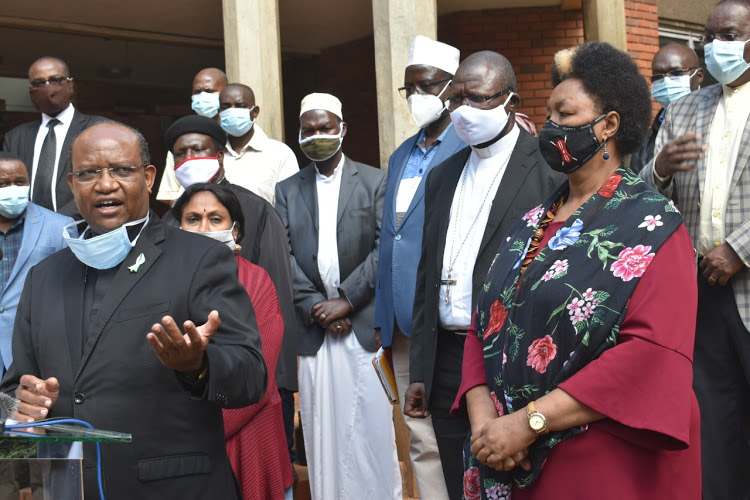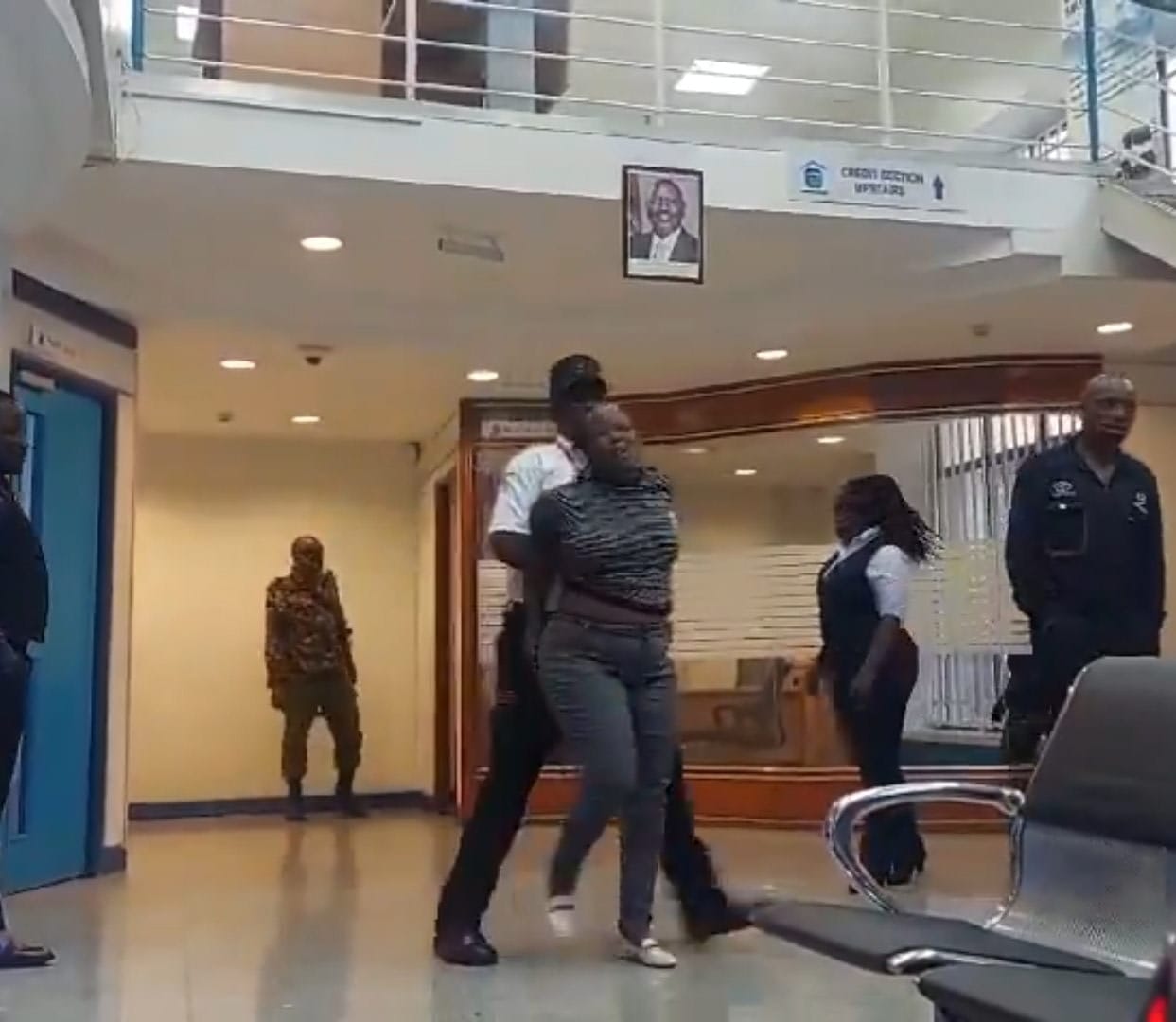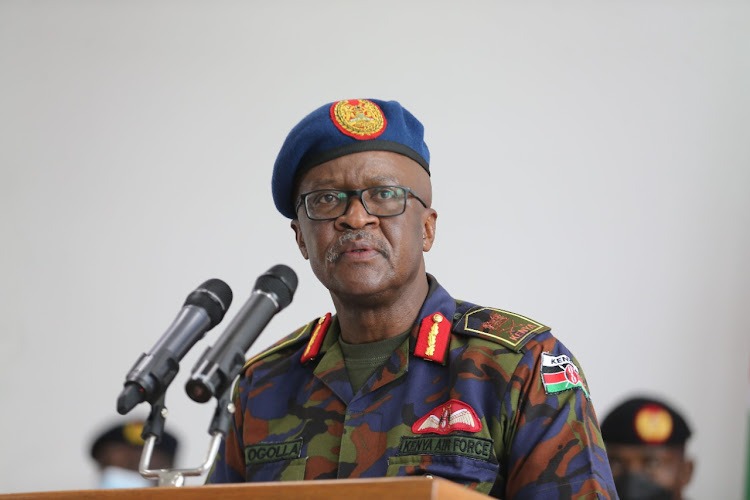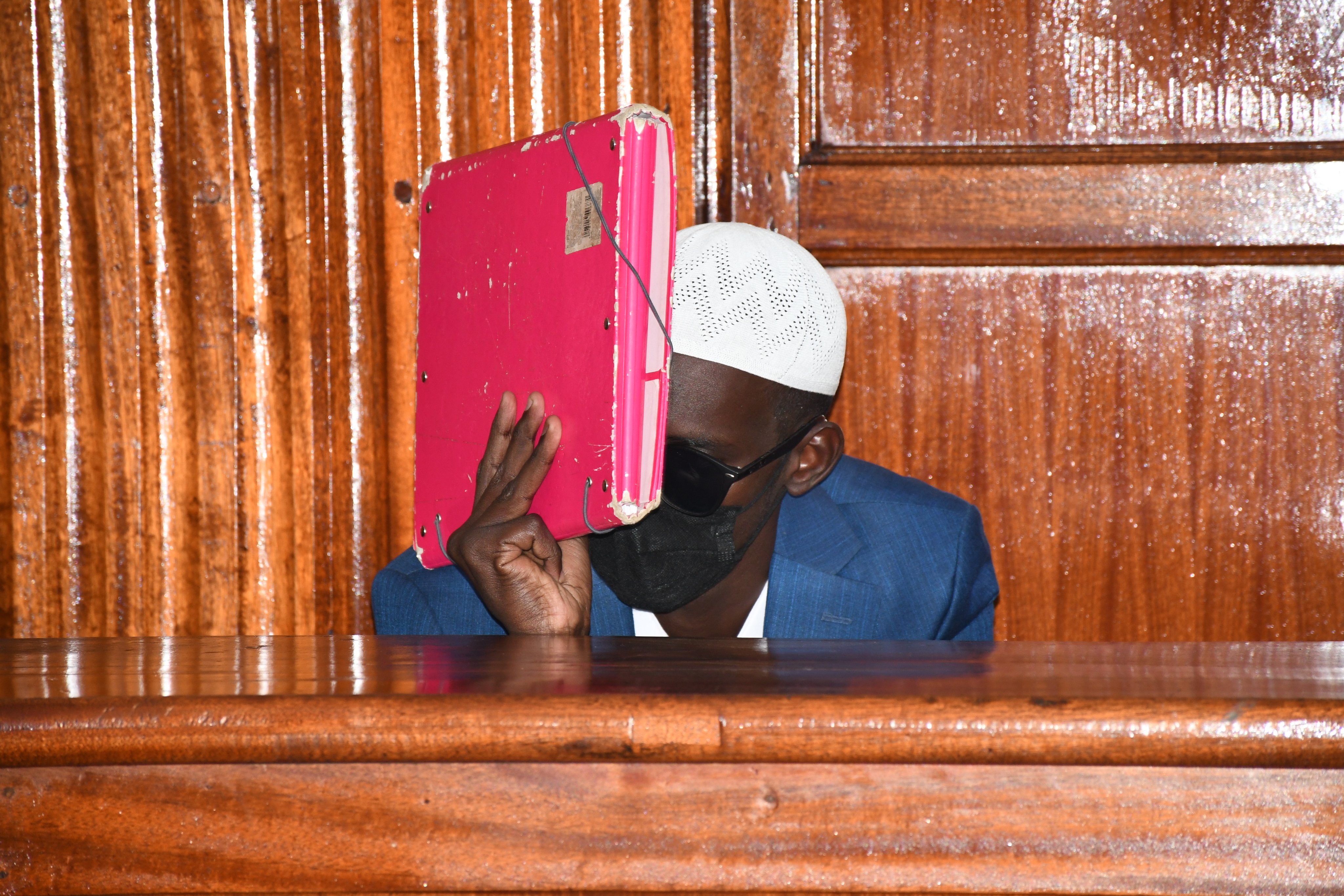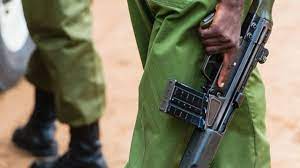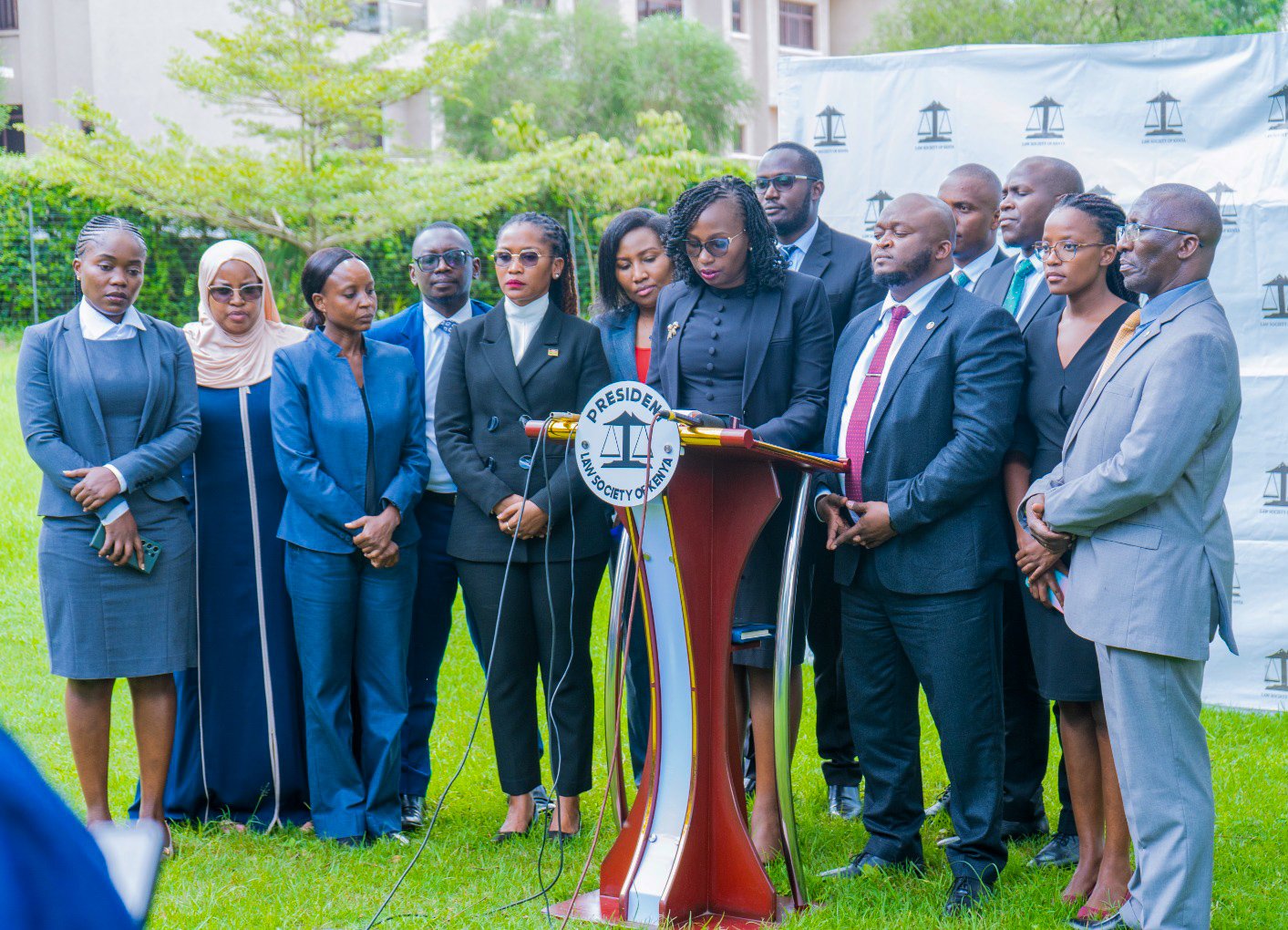Following the directive given by President Uhuru Kenyatta on Friday on places of worship, the Interfaith Council has given direction on how churches will comply.
Kenyatta directed that physical/in-person and congregational worship in all places of worship in the counties of Nairobi, kajiado, Machakos, Kiambu, and Nakuru stands suspended until further notice.
The interfaith Council Chairman Archbishop Anthony Muheria has given churches fresh directives to ensure they comply with the President's directive.
1. In the Counties where a lockdown has been ordered, these are Nairobi, Kajiado, Kiambu, Machakos, and Nakuru Counties, the prohibition of gathering includes worship gatherings. We therefore will not have in-person worship for the period of the restriction.
2. Therefore, in the areas where the total restriction has been imposed, we will revert to on-line worship.
Read More
3. This will mean that each faith community will organize to have their worship relayed online for the benefit of the congregants.
4. The leaders of the various worship services will be allowed to run the on-line service, with the number of people needed for the transmission, that should not exceed 15 persons. These should not exceed one hour. This is for the weekly day of Worship.
5. The same can apply where possible for daily transmissions of worship services.
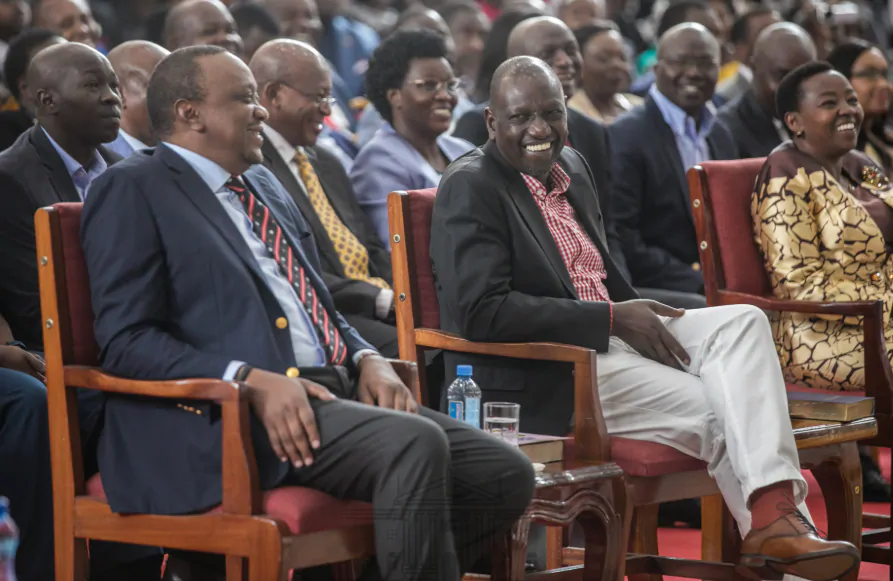 File Image of President Uhuru Kenyatta and DP William Ruto in a church function
File Image of President Uhuru Kenyatta and DP William Ruto in a church function
6. All other gatherings of worshippers also stand suspended for the time being.
7. The religious communities with their leaders will find innovative ways to continue giving hope, especially to the sick or bereaved with their families, as well as spiritual and human support to the congregants, using the available means of communication.
8. These directives will apply even for the holy celebrations of Easter, Ramadhan, and Hindu feasts that fall within this period of restrictions.
9. In the regions where restrictions have not been imposed, we will continue with the stringent compliance that we gave in our last communication, as we continue to monitor the situation.
10. We should restrict the number of congregants strictly following the 1.5M social distancing.
11. All measures of hygiene must be followed: Washing of hands or Sanitization, before and after the service; Strict Social Distancing of 1.5M when seated or when moving; sanitization of Microphones; and most important of all, the proper wearing of face masks over the nose and mouth, throughout the service. The masks should be worn even when talking to the Microphone.
12. All elderly persons over 65 years and those with comorbidities should worship from home.
13. We should use all occasions to sensitize and convince our congregants of the real threat of a total crisis should we not take seriously our responsibility to comply with the guidelines and protocols issued by the Interfaith Council and the Ministry of Health.
14. Funerals will be carried out with full adherence to the same guidelines, but with a maximum attendance of 50 persons. They should also not exceed 60 minutes.
15. Weddings will also have to adhere with the guidelines with a cap of 30 participants.
16. Besides the Hygiene indications, great care should be observed in the regions not under restrictions, in the upcoming Holy festivities of Easter and Ramadhan, to truly reduce the number of congregants by offering more services with reduced numbers. Faith communities should be encouraged to revive online services.
